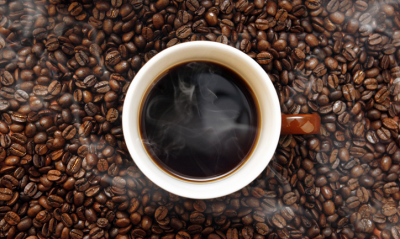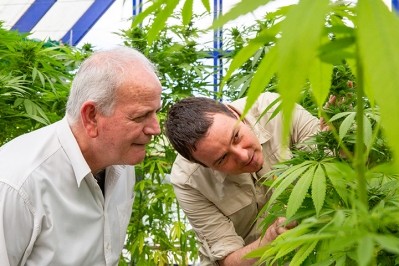Science shorts: COVID-19 trial in India, defatted rice, berries for glucose control

Under investigation: Vitamin D, zinc supplementation to be assessed among COVID patients in India
A new trial in India is set to assess if vitamin D and zinc supplementation could be a safe, inexpensive and effective regimen when caring for COVID-19-positive patients.
Around 700 subjects will be given vitamin D3 bolus at a dose of 2,000 IU daily, zinc gluconate at 40mg daily, or both, versus placebo for eight weeks.
The trial will take place in the state of Maharashtra, western India, specifically in the hospitals of Pune and Mumbai – two COVID-19 hotspots in the country.
Broadening appeal: NZ probiotic firm Blis reveals positive findings for upper respiratory health
Blis Technologies from New Zealand is aiming to broaden the health claims applicable for its flagship probiotic strain BLIS K12 in the area of upper respiratory health, following favourable findings published recently.
A number of studies have been published on BLIS K12 recently. One of them reported its potential effect in reducing the incidence of COVID-19 infection in children.
So far, the firm has created tablets and powder supplements containing BLIS-K12, which are sold under the same name brand BLIS in New Zealand, the US, and Canada.
Defatted rice intake shown to improve blood pressure and HbA1c levels – 12-week RCT
The intake of defatted rice has been shown to improve blood pressure and glycated haemoglobin (HbA1c) levels in overweight and obese adults, according to a 12-week RCT conducted in Thailand.
Defatted rice brand is a byproduct of rice bran oil production. It is rich in non-starch polysaccharides, protein, and antioxidants.
Involving 61 overweight individuals with a high cholesterol level, effects of the defatted rice bran was observed as early as week six.
Intake of Bifidobacterium-fortified infant formula shown to reduce URTI – Fonterra 12-week RCT
Chinese infants consuming milk formulas containing Bifidobacterium animalis subsp. lactis HN019 reported a lower rate of upper respiratory tract infections, as compared to those who drank formulas containing another probiotic strain, or no probiotics at all, according to a 12-week RCT funded by Fonterra.
The other probiotic strain in question is Lacticaseibacillus rhamnosus HN001. All milk formulas studied in the trial were prepared by Fonterra, including the probiotics.
Findings of the trial were published in Beneficial Microbes.
Berries for glucose control: New supplement on the cards after Korean researchers record positive RCT results
A group of South Korean researchers plan to develop new supplements with functional claims using a mixture containing berry extract and soybean for controlling hyperglycemia, following positive human clinical trial results.
The berry in question is schisandra chinensis, also known as Omija in Korean, or five-flavour fruit in layman term. It is traditionally used as a medicinal plant in East Asia.
The combination of omija extract and soybean (OSM) was found to bring about synergistic effects in blood glucose control and the effects are stronger than using omija extract or soybean alone.


















